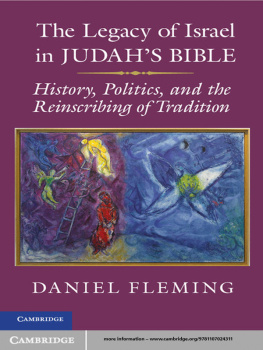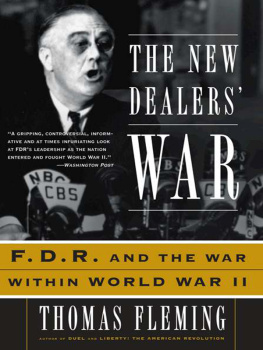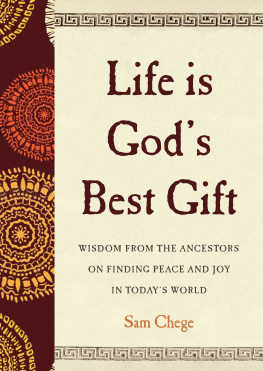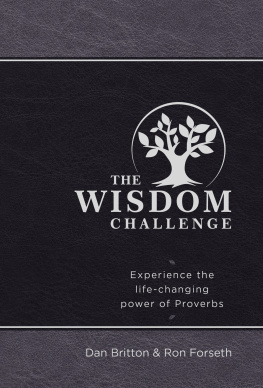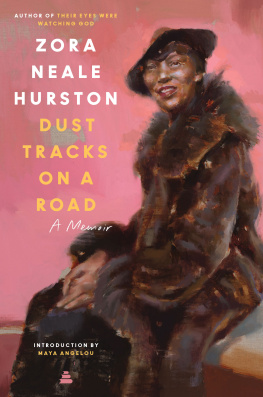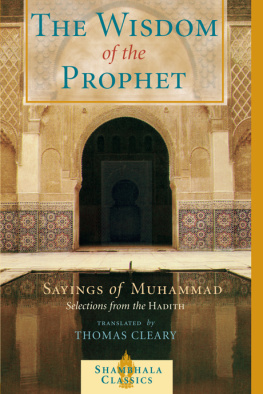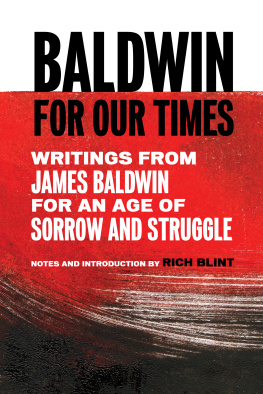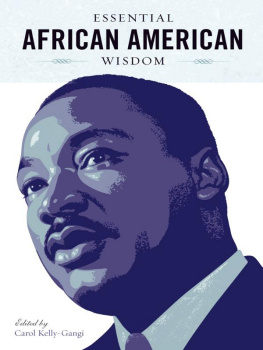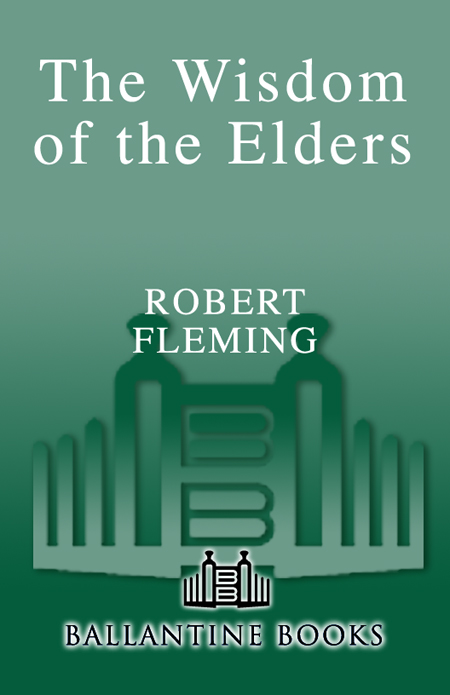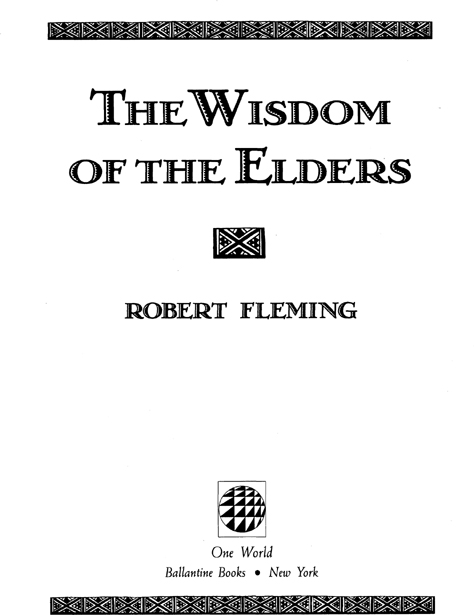Thought-provoking quotes and commentary on the eldersthe living and dead griots of the black community.
Timely and inspirational.
PREFACE
Always listen to people whove lived with a sense of purpose and commitment to something bigger than themselves, said my grandfather, Allen C. Smith, a wise and generous Ohio farmer who aided hundreds of people during the Great Depression. Anyone who has lived on this earth with a sense of mission for half a century or more is worth paying attention to. So be quiet and listen to what they have to say, itll make the road ahead easier for you.
For some time now Ive wanted to create a book that would honor the ancients of our race, the only unwilling immigrants to the New World. Despite being a captured people transported to a strange land, robbed of language, culture, and family ties, they continue to guide and inspire us with their courageous fight for freedom, human rights, and full citizenship.
Time and time again, our Elders refused to surrender to the tyranny of politics and the segregationist policies intended to demean their very humanity. Their pride in their race, their strength of will, and their persistence made me incredibly proud to be an African American.
These were people of great courage and stature. We need to learn from their example, for their words are as true for us today as they were when they were first written. And, in fact, The Wisdom of the Elders was designed to be a commentary on our times. As I researched it, I was struck by the political and social parallels between the eras of our esteemed Elders and our own. In many ways, not much has changed, except for the increasing subtlety and sophistication of the obstacles placed in our path.

There is a clear connection between the losses we faced in the nineteenth century post-Reconstruction period and the current Conservative backlash. After the Civil War, Blacks enjoyed ten good years of political and cultural progress during the Reconstruction Era, from 1865 to 1877. Because of the influence of leading Northern businessmen intent on punishing the South, a weak Congress passed the 14th Amendment, ensuring rights for Blacks. A major civil rights bill granting former slaves U.S. citizenship was narrowly passed in 1866. Suddenly, the former slave states found themselves confronted by legions of Black freedmen who organized themselves into a potent political force; they seized significant control in several Southern states.
This parallels the 1960s when much progress was made in defeating the old segregationist Jim Crow laws, in the teeth of ongoing opposition from whites. There was Alabama governor George Wallaces run for the presidency; Richard Nixons and Spiro Agnews law and order campaign of 1969; and Congresss increasing reluctance to guarantee Blacks protection from rampant police brutality and the fascist tactics of the FBI.
In the late 1860s and 1870s, similar Conservative forces coalesced to resist the reforms of Reconstruction. White opposition never stopped working to reverse the gains made by their ex-slaves. In the late 1860s, they instituted the Black Codes, which essentially said: We will never accept you Blacks as anything but slaves.
The Reconstruction period officially ended in 1876 when candidate Rutherford B. Hayes made a deal with Southern interests to remove political safeguards for Blacks in the South. With the help of the Supreme Court, the door was opened for the political oppression of the segregationist Jim Crow laws.
The parallels to the present are strong: In the 1880s and 1890s, the Southern states rolled back the equalitarian laws in much the same way Congressional Conservatives in the 1990s are rolling back the gains of the Civil Rights Movement.

The irony is that we thought that integration would be the solution to all of our problems. True integration has not been achieved, however, and I doubt it will ever be. But maybe thats a good thing. Because a color-blind America would mean the end of Black American culture and society as we know it.
There was a time when Black neighborhoods were vibrant and solid, when they were fertile ground for family and community. All that changed when the idea of integration was introduced, and the newly mobile Black middle class fled the ghettos. Only the poor remained, and our African American community has never been the same.
The rumblings we hear from the ghettos now are the angry, frustrated cries of people who know they have been shunned and abandoned by the larger white society and, even more painfully, by their own people as well. Their fashions, their music, their sense of style may have been co-opted by mainstream America, but as a people, they will always be a side dish to the main entre, and they know it. Today, every slum in this country is a challenge to the basic American belief in our essential goodness and generosity. But the challenges also offer us an opportunity to express these values.

After so many years of privilege, many white Americans are finding it very difficult to share power with all the minorities in this country. Conservatives are using the so-called pathologies of the urban poor as justification for their efforts to throw out all the gains made by Blacks in the 1960s and 1970s. The issues of race and class are again being injected into every crucial area of American life as a means of division and diversion from the very real economic and societal difficulties we all face. At the root of all this is the deep reluctance of many whites to abandon their myths of superiority and to commit themselves to racial justice and a sense of fairness. Because of their rejection of an America for all Americans regardless of race or creed, we find ourselves living in an atmosphere of increasing social turbulence and cultural mayhem.
The common view among many of those currently in power is: Everything will be fine again once Blacks and women are put back in their place. Recent Supreme Court rulings echo and re-echo those of the post-Reconstruction era, dismantling Federal affirmative action programs and blocking the restructuring of electoral districts to dilute the political clout of minority voters. They say that if existing Civil Rights laws are enforced, there should be no need for Federal involvement in The Negro Question.

Still, The Wisdom of the Elders




